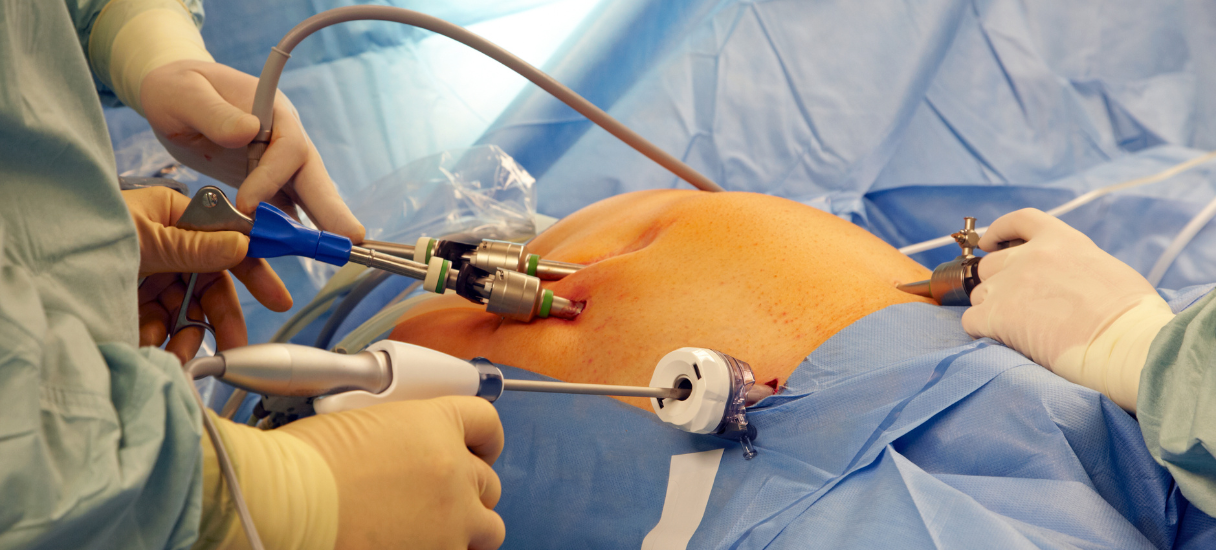Celebrating milestones in alcohol use disorder treatment recovery is not just about marking the passage of time; it’s about acknowledging the hard work and effort that goes into maintaining sobriety. These celebrations serve several purposes:
- Recognizing progress can boost morale and provide the motivation needed to keep moving forward.
- Celebrating successes reinforces the behaviors and decisions that contribute to sobriety.
- Celebrations often involve loved ones, strengthening support networks, and fostering a sense of community.
- Acknowledging achievements can improve self-esteem and help individuals see their worth and potential.
Personal Reflection and Journaling
One meaningful way to celebrate recovery milestones is through personal reflection and journaling. Taking time to reflect on the journey, the challenges overcome, and the progress made can be incredibly fulfilling.
- Documenting thoughts, feelings, and experiences can provide a clear picture of how far you’ve come. This practice can also serve as a source of motivation during challenging times.
Share Your Success
Sharing your success with others can enhance the celebratory experience. Whether it’s with family, friends, or a support group, sharing your milestones can provide encouragement and support.
- Sharing your story with others, whether in person or through social media, can inspire and motivate both yourself and others. It also helps build a supportive community.
Reward Yourself
Giving yourself a tangible reward can be a powerful way to mark a milestone. Rewards don’t have to be extravagant; they should be meaningful and something you truly enjoy.
- Buying something special as a reminder of your achievement can provide ongoing motivation. This could be a piece of jewelry, a book, or any item that holds significance for you.
Engage in Healthy Activities
Celebrating milestones with healthy activities reinforces positive behavior and promotes overall well-being. These activities can also become new, healthy traditions in your recovery journey.
- Celebrate by learning something new, such as taking a cooking class, learning to play an instrument, or starting a new hobby. This not only marks your achievement but also enriches your life.
Give Back
Giving back to others can be a fulfilling way to celebrate your milestones. Helping others can provide a sense of purpose and connection.
- Spend time volunteering for a cause you care about. This can provide a sense of fulfillment and community.
- Share your experiences and offer support to others who are on their recovery journey. This can be done through mentorship, speaking at recovery meetings, or participating in support groups.
Create Lasting Memories
Creating lasting memories can make milestone celebrations even more special. These memories can serve as a reminder of your achievements and the positive changes in your life.
- Document your celebration with photos or videos. Looking back on these memories can provide motivation and remind you of your progress.
- Establish a tradition for celebrating milestones, such as writing a letter to yourself, planting a tree, or creating a piece of art. These traditions can provide a sense of continuity and accomplishment.
Celebrating milestones in alcohol use disorder recovery is a powerful way to recognize progress, maintain motivation, and reinforce positive behaviors. Whether through personal reflection, sharing success with others, rewarding yourself, engaging in healthy activities, giving back, or creating lasting memories, these celebrations can play a crucial role in sustaining long-term sobriety. By planning meaningful and mindful celebrations, individuals can honor their journey and continue to build a fulfilling, alcohol-free life. Additionally, using tools like a Blood Alcohol Concentration (BAC) Calculator like Bac-calculator.info can help you stay informed and aware, providing an extra layer of support in your ongoing commitment to sobriety.





